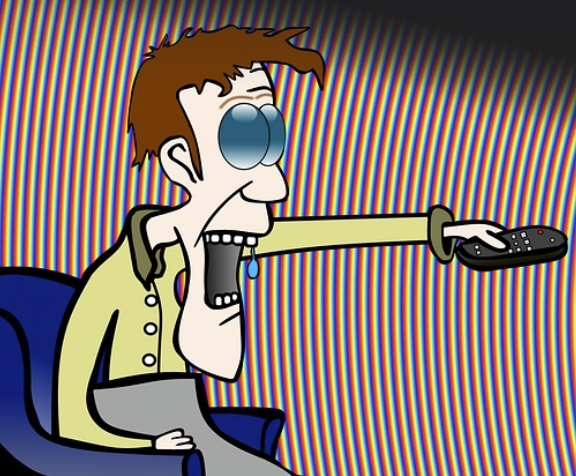 Copyright infringement lawsuits against pirate IPTV providers and those accused of assisting them, usually have a few common elements.
Copyright infringement lawsuits against pirate IPTV providers and those accused of assisting them, usually have a few common elements.
To compensate for massive infringement, a demand for damages running to no less than eight digits often sets the stage, while an obligatory demand for a trial by jury shows early commitment to see things through.
What typically follows are months of litigation followed by an announcement that there will be no trial because, against all odds, the parties have agreed to settle their differences after confidential negotiations.
Similar Lawsuit, Unusual Answer
A lawsuit filed by US broadcaster DISH against UK-based DataCamp claimed that the CDN company failed to take meaningful steps to prevent ongoing infringement. DISH argued that after sending 400+ DMCA notices to DataCamp complaining about several pirate IPTV providers using its services, the hosting company had clear knowledge of the infringement and could be held secondarily liable.
Unlike similar lawsuits seen elsewhere, DataCamp didn’t immediately succumb to the pressure. Indeed, the company appeared to be putting up quite a fight, at least until the case took a familiar turn; settlement talks and maybe an end to the dispute.
DataCamp Paused…Then Came Out Swinging
Late July, DataCamp filed its answer and delivered a bombshell allegation: DISH has no standing to sue for copyright infringement. The company has distribution agreements for TV channels, but no exclusive rights to any identified copyrighted works, DataCamp informed the court.
That raised questions over the validity of the 400+ DMCA notices and their stated aim of protecting copyrighted works, but DataCamp wasn’t done.
The company claimed that during negotiations, DISH attempted to “bully” DataCamp into an agreement to create a “False Public Judgment for tens of millions of dollars which DISH would agree, in private, never to execute on..” According to DataCamp, the theoretical ‘big money’ judgment would’ve been used to “terrorize” other hosting companies in a similar position.
After that came the counterclaims including fraud, deceptive practices, racketeering, and conspiracy. Suddenly it was DataCamp’s turn to demand damages and a trial by jury.
Joint Motion to Strike
In a joint motion to strike DataCamp’s answer and its counterclaims, this week the parties asked the court for a stay in proceedings to allow for the “completion of documents finalizing settlement” of the lawsuit.
“DISH believes that Datacamp’s counterclaims are frivolous and include allegations that should be stricken for violating settlement conference confidentiality,” the motion reads.
“DISH informed Datacamp that it would move to strike the counterclaims and that DISH also intends to move for sanctions under Rule 11 and move to dismiss the counterclaims.”
No surprise that DataCamp sees things rather differently.
“Datacamp believes that: (a) its Counterclaims are valid and meritorious, (b) there has been no violation of Settlement Conference confidentiality, and (c) that any DISH motion to strike, dismiss and/or for sanctions would likely be frivolous themselves and subject to a Rule 11 Motion.”
Despite yet another major difference of opinion, the motion states that DataCamp has agreed to have its answer and counterclaims stricken “solely to accommodate DISH and facilitate and expedite the finalization of the settlement.”
Parties Still At War Agree to Settle
The motion contains little additional information to suggest that DISH/DataCamp relations have improved.
It’s alleged that during a deposition on August 2, DataCamp’s representative refused to answer questions concerning DataCamp’s counterclaims after being instructed by the company’s counsel not to respond. For its part, DataCamp accused DISH of refusing a “common professional courtesy request” for an extension to file a responsive pleading, so was forced to file its answer and counterclaims on July 31.
To a background of copyright infringement allegations and damages running to eight figures, and counterclaims that insist that only copyright holders can sue for copyright infringement, so there can be no damages at all, this lawsuit remains hotly disputed yet apparently ready for settlement.
“The Parties have reached an understanding on settlement terms that will fully resolve this litigation,” the motion concludes.
While those terms are unlikely to be made public, the real interest lies in the allegations placed in the public domain due to DataCamp’s counterclaim. The potential effect on similar lawsuits moving forward will be something to look out for, at least working on the assumption there will be any at all.
The joint motion to strike can be found here (pdf)
From: TF, for the latest news on copyright battles, piracy and more.
0 Commentaires